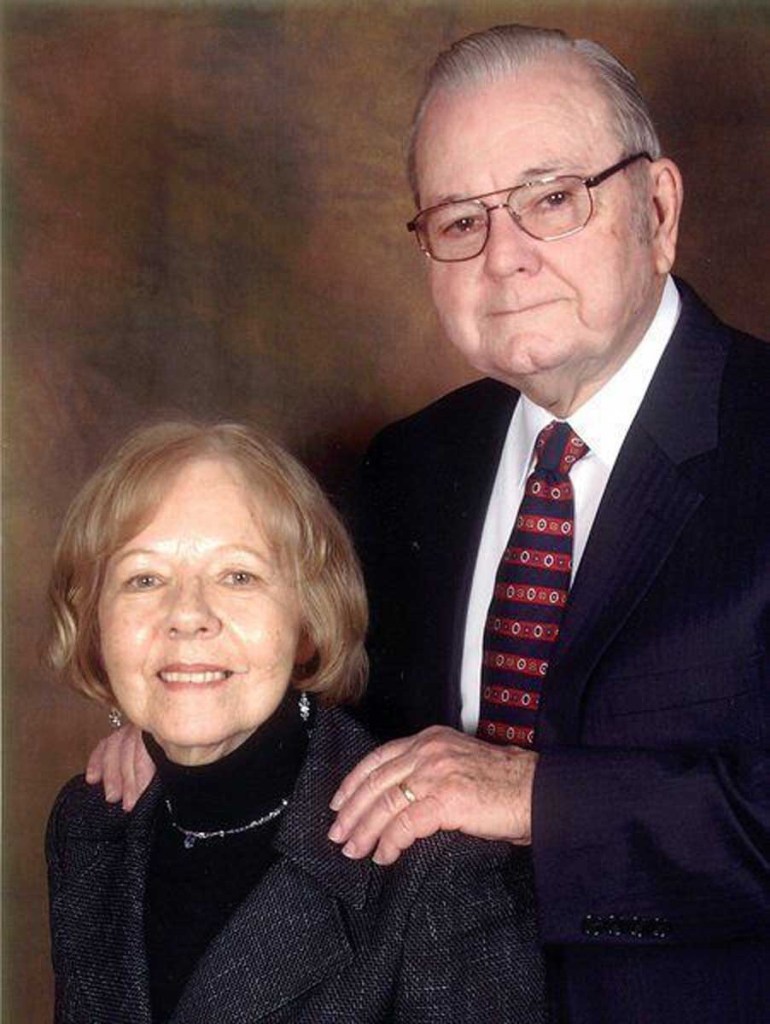Indiana family adjusts to loved one’s dementia
Published 9:45 am Thursday, November 12, 2015

- Submitted photo
ANDERSON, Ind. — Dortha Alexander’s family knew something was wrong when she began to forget things that had been second nature to her for years.
Her husband of 62 years, Norman Alexander, bought a new van. Dortha kept trying to put the car in drive with a handle near the steering wheel even though the van’s gear shift was on the center console. Even though Norman tried to teach her how to use the vehicle, she never quite understood and gave up fairly quickly.
Trending
Soon came a diagnosis of dementia, a general term for a decline in mental ability severe enough to interfere with everyday life, according to the Alzheimer’s Association. More often than not, dementia is a harbinger of the disease — Alzheimer’s is a specific form of dementia accounting for more than 60 percent of all cases.
For Dortha, even the most mundane tasks became unfamiliar. Her daughter, Diana Shelton, recalls mornings when her mother asked her how to make hot tea, a favorite drink.
“I would just look at her and say, ‘Mom, you taught me,’” Shelton told the Anderson (Indiana) Herald Bulletin. “She’s a great cook.”
November is Alzheimer’s Awareness Month, designated to raise awareness of the disease’s warning signs, such as changes in mood and personality, a decrease in appetite and interest or involvement in regular activities, and increasing confusion in familiar situations.
“We have seen that being aware of the warning signs, especially with the holidays approaching, is vital,” said Leah Shattuck, communications director for the Alzheimer’s Association’s Greater Indiana chapter. “The earlier a diagnosis can be given to an individual with Alzheimer’s, the better the quality of life that family is going to encounter.”
About 47.5 million people worldwide have dementia, according to the World Health Organization. There are about 7.7 million new cases each year.
Dortha’s dementia has progressively worsened. She now weighs 78 pounds. She doesn’t remember anyone’s name in her family, including Norman’s.
She actually can’t talk in more than single words or syllables any more. She is rarely able to walk.
But that doesn’t stop Norman from visiting her. Even though she doesn’t remember who he is specifically, he said he thinks that she at least knows he’s supposed to be there.
Norman cared for Dortha at home with the assistance of hospice care for a while before the task became too much.
In June, Dortha moved into an assisted-living facility in Anderson. She sometimes has bad days when she’s agitated, but on other days, she can be found in good spirits.
“When I walk through the door, I never know how she’s going to be,” Norman said.
That’s the nature of the disease, according to Marsa Clendenen, who manages the facility Dortha calls home. People can’t know what to expect day to day, and they can’t even expect how to disease will affect their loved one in general.
“Everybody is different,” she said.
For Norman and Shelton, life with Dortha will now be watching the disease progress and hoping for the best-case scenario — a peaceful and happy life until death.
“When she was diagnosed with dementia, I didn’t know it could get this bad,” Shelton said.
The Anderson (Indiana) Herald Bulletin contributed to this story.



